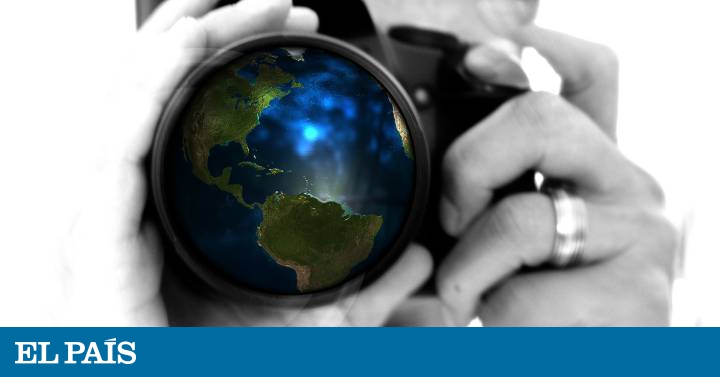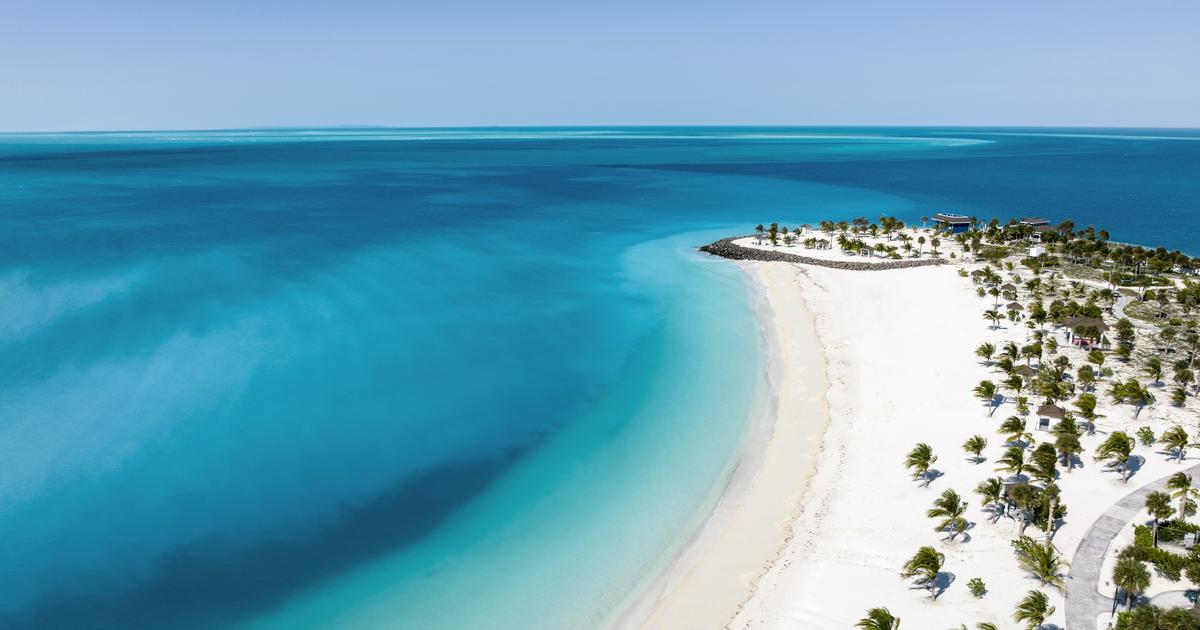Dorian is the name given to the hurricane that devastated several of the 700 islands that make up the Bahamas in September 2019. The blow was hard for an economy in which tourism represents 43.3% of GDP and employs direct or indirectly half of the archipelago's workforce. Travelers seek sun and sand here, not debris and storms. Despite the material and human destruction - thousands of homes, airports, highways, hotels were destroyed and, according to official calculations, 400 lives were lost - this island state overcame adversity and last year broke its record of visitors, with seven million. Now the new Sars-Cov-2 coronavirus is a new threat to the survival of those who inhabit this paradise.
MORE INFORMATION
- (Un) sustainable tourism
- How to overcome the blow and go further: work after the covid-19
- Cash transfers to respond to covid-19 and climate change
How to attract travelers to this and other destinations in the region? Tourism cannot be confined, no matter how much imagination is thrown at it, travels or is not done. For this reason, the sector has been one of the most affected by mobility limitation measures to contain the spread of covid-19. And in Latin America and the Caribbean, where the sector represents a main source of employment and wealth, more. It is time to think about how to revitalize it, but in a healthier, smarter and more sustainable way.
To this end, the Inter-American Development Bank (IDB), through its IDB Lab innovation laboratory and in collaboration with the World Tourism Organization (UNWTO), has launched an innovation challenge that can be submitted until July 31 organizations from both the public and private sectors to implement projects in one of these 15 countries: Bahamas, Barbados, Belize, Costa Rica, the Dominican Republic, El Salvador, Guatemala, Guyana, Haiti, Honduras, Jamaica, Nicaragua, Panama, Suriname, and Trinidad and Tobago. "The challenge is to imagine how with disruptive technologies we can reach those who need it most," explains Dora Moscoso, IDB Lab senior associate. "Tourism contributes to the achievement of several of the Sustainable Development Goals: job creation, reduction of poverty, heritage conservation and wildlife ... ", he details.
In fact, projects will have to focus on two areas: employment and the environment. "It is about supporting the sector on two fronts: the development of the tourism workforce, which must have new digital skills for the recovery phase; and environmental sustainability, which includes the adoption of waste management measures through models of circular economy as well as climate-smart agricultural practices. "
Moscoso refuses to "give ideas" or examples of what they are looking for. He does not want, he says, to give a guideline for potential candidates for aid (non-reimbursable) ranging from $ 250,000 to $ 500,000 and loans of half a million to two million dollars. "Applicants must contribute at least 50% of the total project budget," clarify in the rules of the call. How to get it? The answer is in the imagination and in its possibilities of becoming reality.
Tourism is also one of the hardest hit sectors - according to the World Tourism Organization, before the pandemic it supported one in ten jobs (319 million) in the world and generated 10.4% of global GDP - and can be the center of the solution to the economic and also environmental crisis. This is clear from the words of the UN Secretary General, Antonio Guterres, in a message of support: "Tourism is an essential pillar of the 2030 Agenda for sustainable development. The livelihoods of many depend on it, especially the women and particularly in the world's most vulnerable countries, including small island developing states and least developed countries.In addition, in many parts of the world, the protection of biodiversity is highly dependent on the tourism sector, from conservation to revenue generated by those efforts. Tourism can be a platform to overcome the pandemic. By bringing people together, it can promote solidarity and trust, crucial ingredients for advancing the global cooperation that is so urgently needed at the moment. "
You can follow FUTURE PLANET on Twitter and Facebook and Instagram, and subscribe here to our newsletter.













